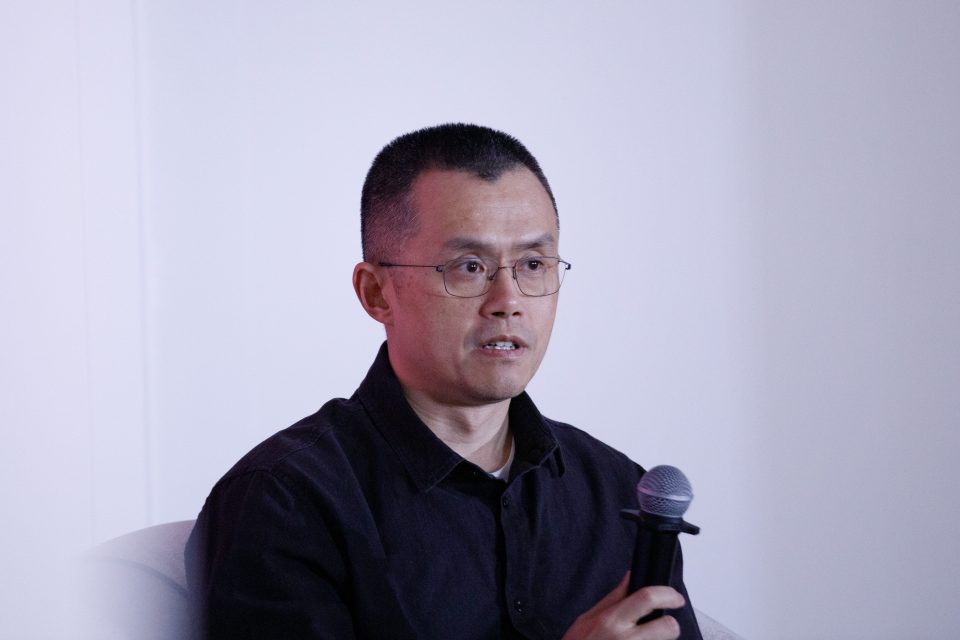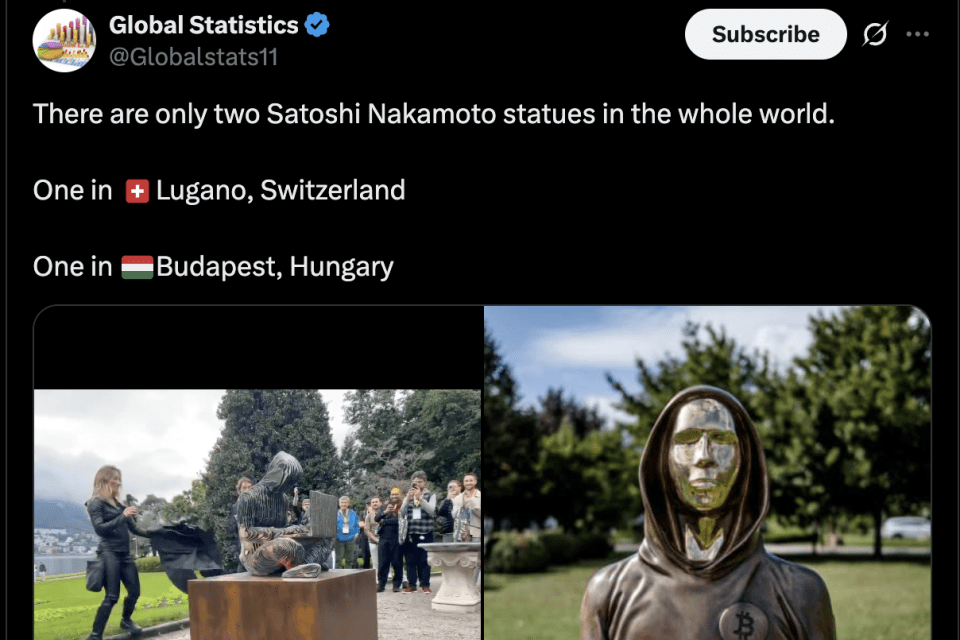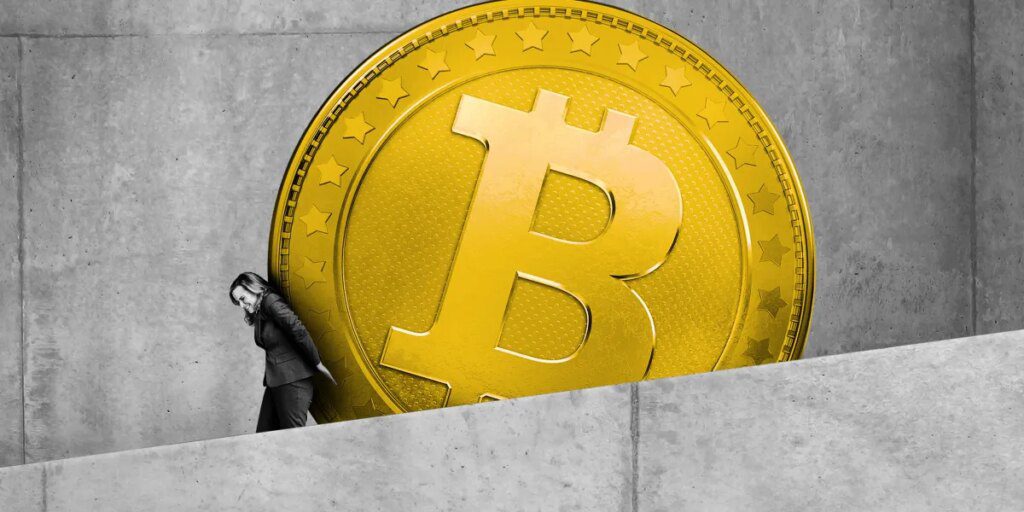I recently had the pleasure of visiting the charming mountain town of Lugano, Switzerland, whose appeal lies in the fact that it is quintessentially Italian but administered by Switzerland. So said Paolo Ardoino, CEO of Tether, a leading supporter of Plan B, a Bitcoin conference where I moderated a discussion on the growing trend of nation states adopting the original cryptocurrency.
The event had an upbeat vibe – not surprising since everyone loved Bitcoin – but it was also clear that there was trouble in paradise. It turns out there is a growing schism over Bitcoin’s codebase and whether it should be changed to allow the blockchain to include more non-financial data.
The idea of including data unrelated to Bitcoin transactions is not new and, indeed, the very first block of the blockchain includes a reference to a newspaper headline about bank bailouts. However, Bitcoin’s largest and most influential group of coders, known as Core, is now planning to tweak its software to significantly lift restrictions on the amount of non-payment information that can be included in a block.
For the Core audience, it’s a simple, pragmatic way to promote new uses for Bitcoin and, in doing so, impose additional fees on miners at a time when the blockchain’s lottery payout is 3,125 Bitcoins and is expected to be halved again in 2028. A rapidly growing rival faction, however, wants nothing to do with the system and is promoting its own Bitcoin client software called Knots.
This faction’s software is run by an influential Bitcoin developer, who is a devout Catholic and reportedly named it Knots after the “knot whip” that Jesus used to chase money changers from a temple. According to a lawyer I spoke with on Knots’ side, the software is necessary to protect the blockchain from what he called spammers and “fraudulent adjacency” projects that promote things like Bitcoin NFTs.
If you have met Bitcoiners in person or online, you know that they are not known for their tact. This is the case of prominent figures from the early days of Bitcoin who denounced each other on stage in Lugano and on
This latest schism (you can read a helpful analysis here) is reminiscent of the Bitcoin block size wars that raged from 2015 to 2017, and ultimately saw the “small blockers” – who favored keeping Bitcoin blocks at 1MB – prevail over rivals who claimed that increasing blocks to 2MB or more would be more commercially viable. This fight produced composure that lasts to this day.
In the current fight, Knots is still the smallest faction, but has already become the client of choice for over 20% of Bitcoin node operators. Its growing popularity lies not only in Knots’ stance on blockchain expansion, but also in the perception that the Core public has become arrogant and disconnected from Bitcoin’s core values. The people of the Core, on the other hand, dismiss the Knots faction as lying troublemakers.
I don’t have the authority to weigh in on much of this, other than to observe that this latest battle for Bitcoin’s soul reinforces what I’ve been saying for years: Bitcoin is a wonderful technology, but also a religion. And whatever the religion, there will be divisions between ancient believers and more modern followers. Luckily for the Lugano crowd, there was a moment of unity with the unveiling of a restored statue of Satoshi Nakamoto on the city’s beautiful lakefront. Bitcoin’s factions may be at war, but there’s no doubt they still worship a common god.
Jeff John Roberts
jeff.roberts@fortune.com
@jeffjohnroberts
DECENTRALIZED NEWS
If you can’t beat them, join them: The CEO of JPMorgan Chase continues to soften his long-standing anti-crypto stance as his bank announced it will allow borrowers to use Bitcoin and Ethereum as loan collateral by the end of the year. (Bloomberg)
COIN Upgrade: Coinbase’s upcoming crypto token could be worth between $12 billion and $34 billion, said a JPM analyst, who cited the token and slowing DEX growth as reasons to upgrade the stock ahead of this week’s third-quarter results. (DL News)
Here we are still ICO? In evaluating Coinbase’s $375 million acquisition of Echo, which was founded by crypto influencer Cobie and helps token projects raise money, one reporter speculated that it could usher in the return of 2016-style initial coin offerings (Bloomberg)
DAT does not match: Following a Fortune presentation pointing to the potential insider trading Before public companies turn to digital asset treasuries, a new report provides evidence that insiders linked to some popular DATs are using share sales to circumvent token locks. (Unchained)
Trump chooses CFTC chairman: The White House has chosen longtime attorney and crypto expert Mike Selig to lead the agency. Selig’s choice, coming after Winklevii helped torpedo the original frontrunner, was welcomed by industry veterans who are eager to finalize a key bill that will divide responsibilities between the SEC and CFTC. (Policy)
MAIN CHARACTER OF THE WEEK

Samsul Said—Bloomberg/Getty Images
CZ was the easy choice for main character of the week after obtain a presidential pardon. Critics, pointing to a $2 billion deal involving the Trump family stablecoin and Binance, called the pardon massively corrupt while many Crypto Twitter users claimed it was fair since CZ – who pleaded guilty – would have been the target of political prosecution.
EVEN WHERE

@GlobalStatistics11
Bitcoin enthusiasts looking to make a pilgrimage have a growing number of options. In addition to the renovated Satoshi statue unveiled in Lugano, there is also one in Budapest. Can a formal sanctuary – or perhaps a Bitcoin theme park – be far behind?




